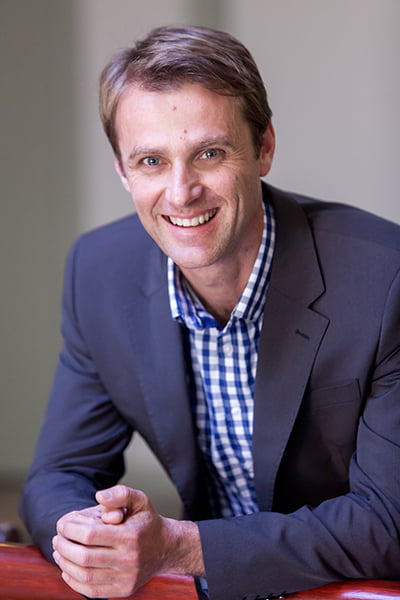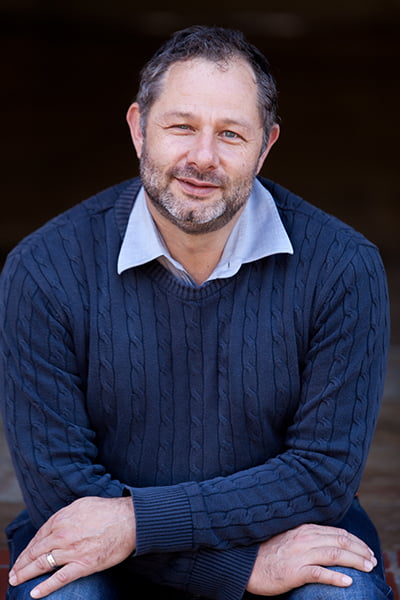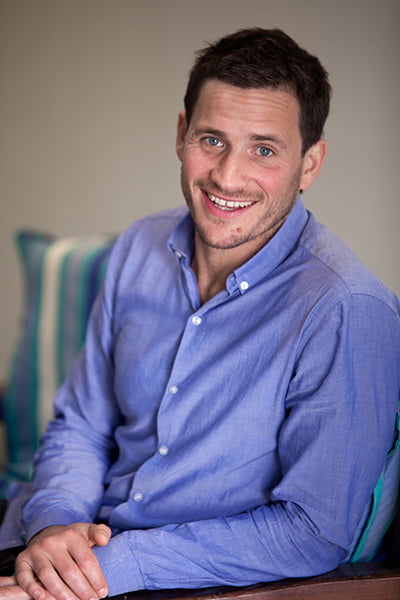We like to think that as humans, as organisations, or as large-cap companies that we are smart; that we are at the forefront of human development. While this may be true, it has also been true of many great, seemingly invincible societies that have collapsed before us – that live on only in the pages of history books. One of the critical factors that determined whether great societies adapted or collapsed was the extent to which their political, economic, and cultural norms were able to perceive and solve their environmental problems – including extreme changes to the climate.[1] The global environmental challenges we face today will similarly require that we adapt.
The basis of our modern-day economic system is to maximise the conversion of materials and energy into goods, to consume them, to dispose of the resulting waste into our common environmental ‘sink’ – the land, and more recently the oceans – and then to call this economic progress. The cultural basis for the system is consumption at all costs, where social status is defined by the ownership and accumulation of things rather than the quality of life enjoyed. It is not hard to see that this model is neither perceptive of environmental realities nor on its way to solving them.
We only need to look at nature to see how intelligent and efficient systems can really be. There is no ownership, unnecessary hoarding, or artificial scarcity. Nothing goes to waste. All matter is circulated back into the system to become of use once more.
Circular economic models are based on mimicking this intelligence. Given the finite planetary boundaries in which we must invariably live, these models aim to achieve economic prosperity in two ways.
Firstly, they aim to maximise access to the goods and services that increase our quality of life, while minimising the physical resources needed to achieve this. In this light, success is no longer seen as everybody owning a car, but as rather as everybody having easy and reliable access to transport – with or without owning a car.
Secondly, these models find ways to close loops at one or more stages of the production chain, ultimately circulating resources back into usefulness. Instead of the making-taking-disposing, the circular model aims to keep things in the system; it aims to maintain and restore goods, then reuse or redistribute them, then remanufacture them, only lastly to recycle them. Ideally, nothing will end up in a landfill.
Consider the unavoidable drivers for a circular economy in South Africa. The long-standing electricity crisis has seen energy availability become a constraint to business and household activity. The country has half the global average rainfall and is currently experiencing a full-blown drought, while two-thirds of water resources are contaminated with cyanobacteria. Landfill space is becoming increasingly scarce as waste continues to pile up.
These trends are creating a new economic reality. The prices of all these resources are being corrected relentlessly upwards to reflect these realities: energy tariff hikes will continue to be in the double digits, while the national water pricing strategy is currently being adjusted to reflect the true cost of water. Landfill costs are rising with every square inch filled. Waste streams that can be recovered and reused will soon be banned from landfills; implementation time frames have already been published.
For a linear economic model, the future is one of scarcity and risk. It becomes clear that such a model will be incapable of creating economic prosperity and providing food security for over 50 million people and rising. Circular economic models, on the other hand, create opportunity and abundance out of our current environmental challenges. Home-grown business models are already emerging, leading the way in this critical adaptation.
AgriProtein, for example, is a Western Cape-based company feeding waste to fly larvae to create a natural and sustainable source of animal protein for livestock feed. As a byproduct, it is also creating a nutrient-rich soil conditioner. This not only turns food waste into a valuable resource, but it also turns food waste into a solution for the unpalatable demand on natural resources by industrial farming.
Meanwhile, Pretoria-based Locomute, a 100% black-owned company, is creating a platform for collaborative consumption through car sharing. Citizens can get from A to B by locating, reserving, and unlocking a car from a mobile phone app, and are billed per hour and kilometres travelled. Maintenance insurance and fuel are all included in the price. The reduced need for individual car ownership not only reduces urban carbon emissions and air quality but also tackles the growing problem of urban congestion.
It is these sorts of innovations – driven by advances in technology – that will start to decouple economic prosperity from reliance on physical resources. This is evolution. As South Africa focuses its efforts on incubating, growing and funding small businesses, it is worth remembering that we have the opportunity to imprint the DNA of adaptors and innovators into this fabric. These businesses will define the social and economic fabric of the next decade and beyond.









